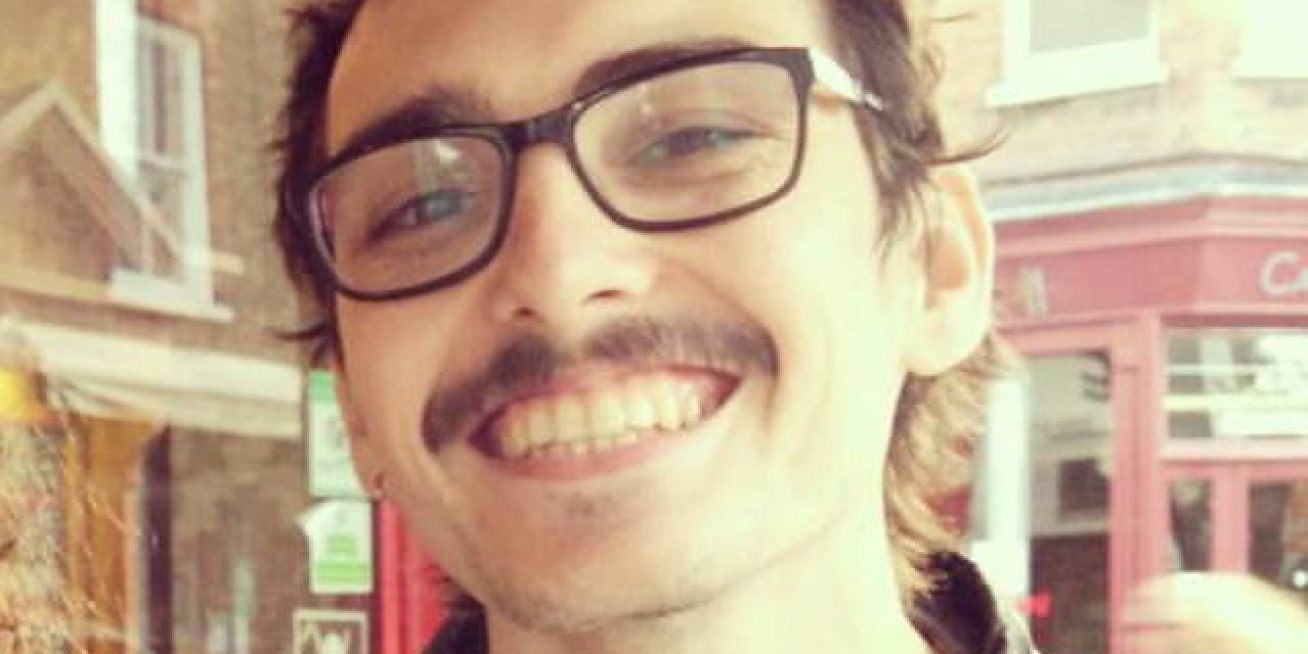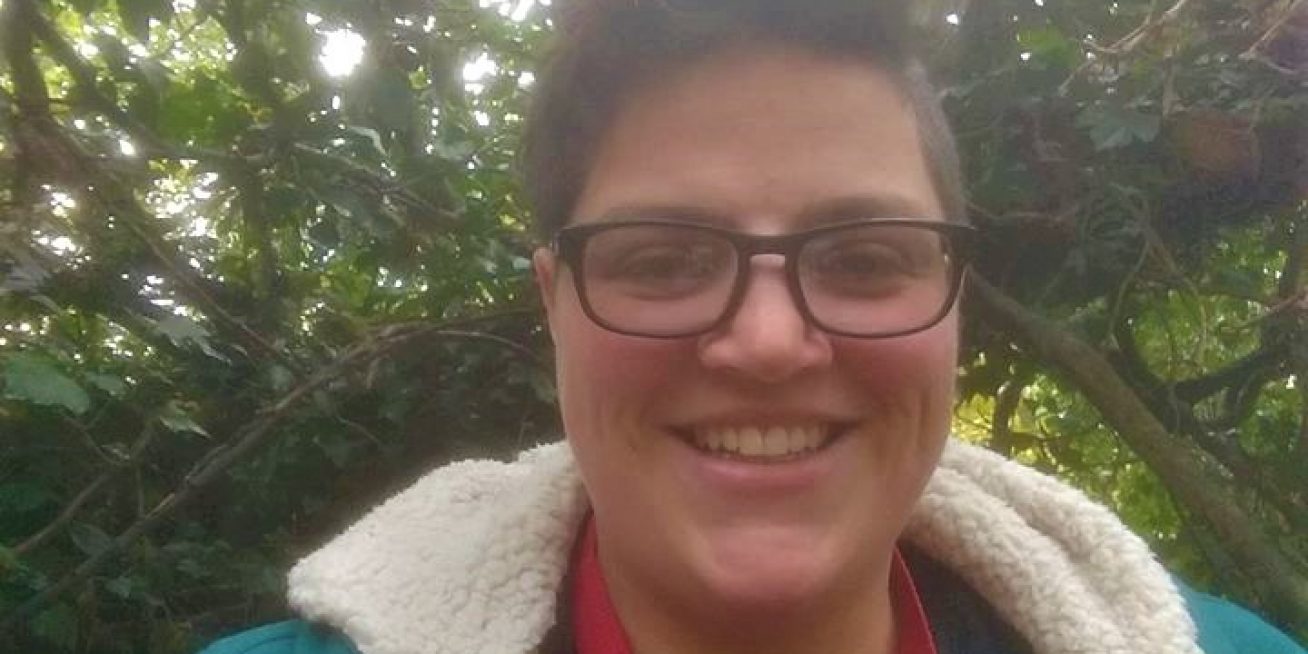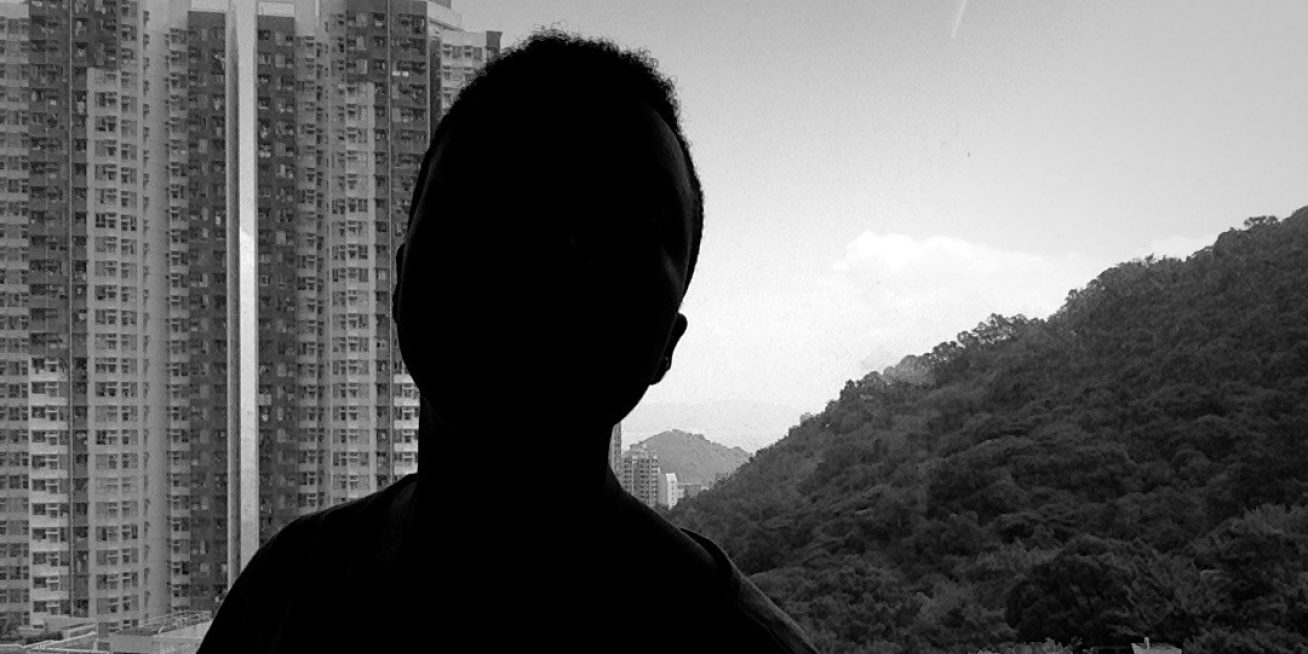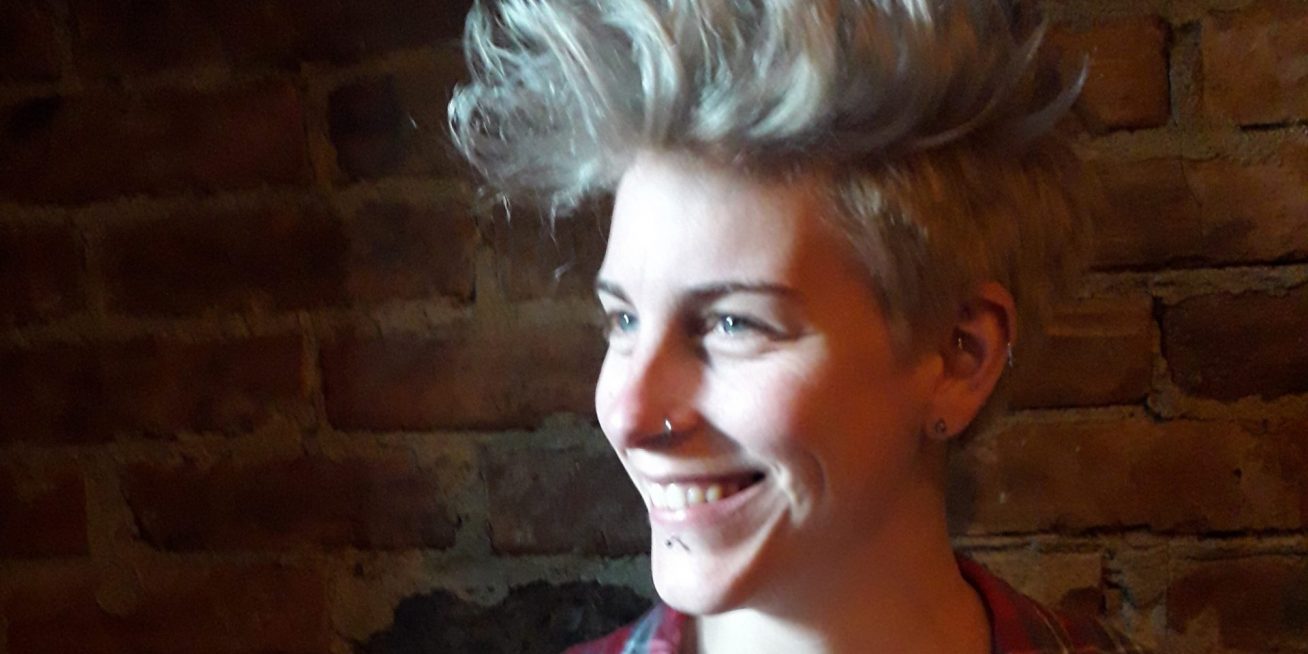Lesbians and gays unite against Section 28
Carl remembers Section 28 as a catalyst for change in Leeds.
TRANSCRIPT
Interviewer: As a gay man being involved in this kind of activism and protest, and, I mean, how were LGBT issues seen, were they kind of part of the - how.... ?Carl: Well, for me they never were. I suppose - when I first moved to Leeds I wasn't out, then I came out. I don't think - it was never particularly an issue, really, I mean most of my straight friends kind of just got on with the fact that I was a gay man. And it didn't - in terms of the politics, I suppose, it didn't seem as though there was that much going on in terms of politics other than pride marches. That was all. It was only when, I think, I mean I think Clause 28 or Section 28 as it became, kind of surfaced, that's when it felt to me as though the rules of the game changed quite a lot because suddenly what we saw - or I saw, anyway - was a lot of lesbians and gay men - that tends to be how we identified ourselves at the time, I suppose, I wasn't so aware of the trans community making their presence felt, so we tended to define ourselves as lesbians and gays against, or lesbians and gays for this, that or the other - it was only at that point there was then a coming together, it seemed to me, of the various disparate groups. And so we had a Leeds 'Stop the Clause' group which was made up of various little sub-groups.
And what was interesting for me I suppose at the time, is that the kind of anti-Clause 28 group that emerged, both locally and, it seemed, nationally, its organic structure was immediately one that was identical to the ones I understood and recognised. So it was an anarchist way of organising, it was the libertarian way of organising. We tried to break things down, we had delegates, we created spaces where people could speak so you weren't overwhelmed by a room of 300 people. So we had like, you know, a direct action group and a press group and people could support in whichever way they wanted; a legal group, so if people had particular skills they could bring those skills to bear within the overall thing. And it was really interesting, from my point of view, I suppose, someone who'd been involved at that point in various political groupings, to see this all come to life within an almost exclusively lesbian and gay situation, I suppose.







